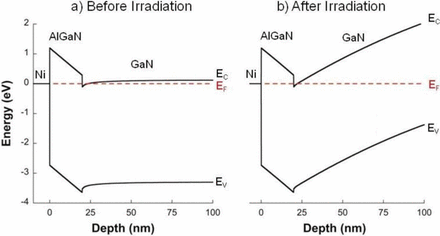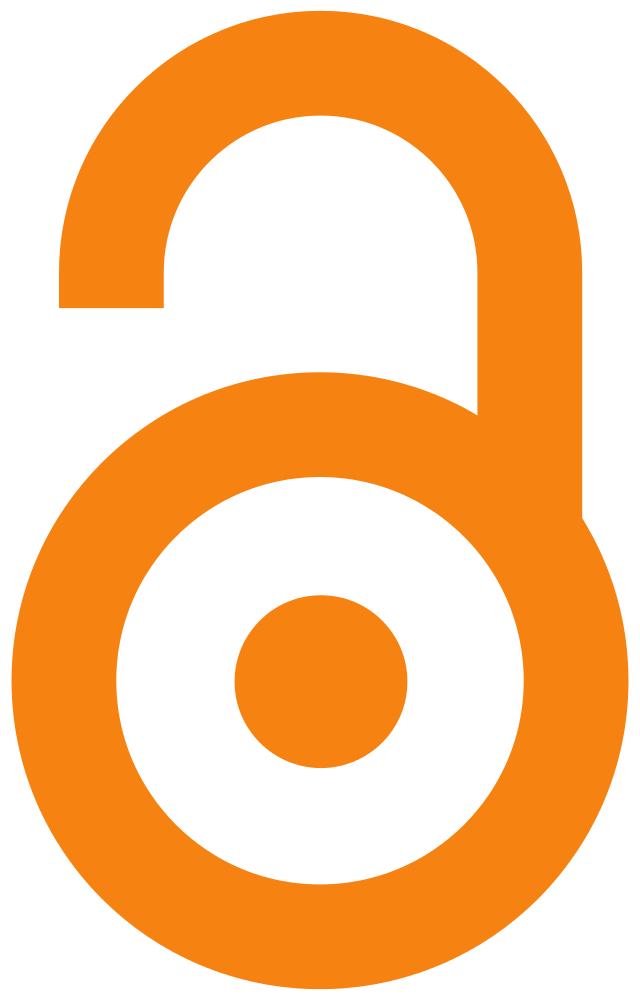 A large-scale study on the impact of open access has recently been released, finding that OA papers have a 50 percent greater citation advantage than papers published in subscription-based journals.
A large-scale study on the impact of open access has recently been released, finding that OA papers have a 50 percent greater citation advantage than papers published in subscription-based journals.
The analysis of more than three million papers determined that a journal’s move toward open access publishing is necessary to retain relevance in the field. Additionally, further results point to the face that traditional subscription-based journals will lose their relevance for researchers and governments if they continue to block access to research via paywalls.
(READ: “For-science of For-profit?“)
This from Digital Journal:
The new research also shows that the widely held belief that open access papers have a greater impact due to them being available earlier than their commercially published versions is not consistent with the large-scale data collected by 1science. In fact, based on a tie series comprising more than 17.4 million papers published between 2000 and 2015, it is clear that open access still suffers from the effect of embargoes enforced by traditional publishers who maintain that they require that delay to keep the subscription model alive.


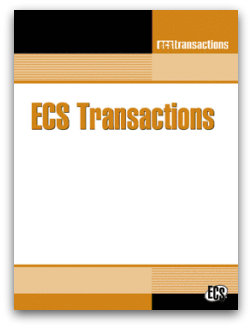 Beginning today, ECS is running a sale on ECS Transactions, specifically on ECST PRiME Meeting “Enhanced” Issues and select other ECST issues. For the next few weeks,
Beginning today, ECS is running a sale on ECS Transactions, specifically on ECST PRiME Meeting “Enhanced” Issues and select other ECST issues. For the next few weeks,  Here at ECS we are already preparing for
Here at ECS we are already preparing for 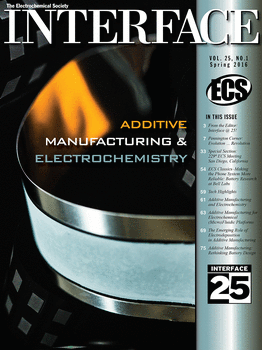 Calling all ECS members! Has your section or student chapter achieved something momentous in recent months, or will it do so before mid-October? Tell us about it and you just might see your submission published. ECS wants to highlight YOUR news in the Winter 2016 edition of
Calling all ECS members! Has your section or student chapter achieved something momentous in recent months, or will it do so before mid-October? Tell us about it and you just might see your submission published. ECS wants to highlight YOUR news in the Winter 2016 edition of 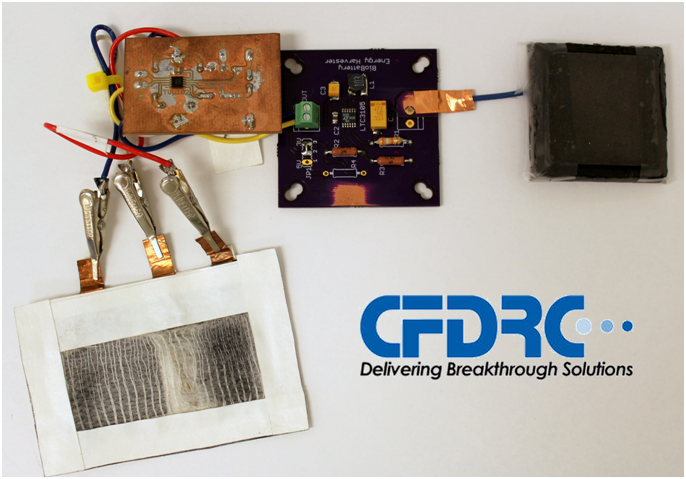
 In 1995, Forbes published an article entitled, “
In 1995, Forbes published an article entitled, “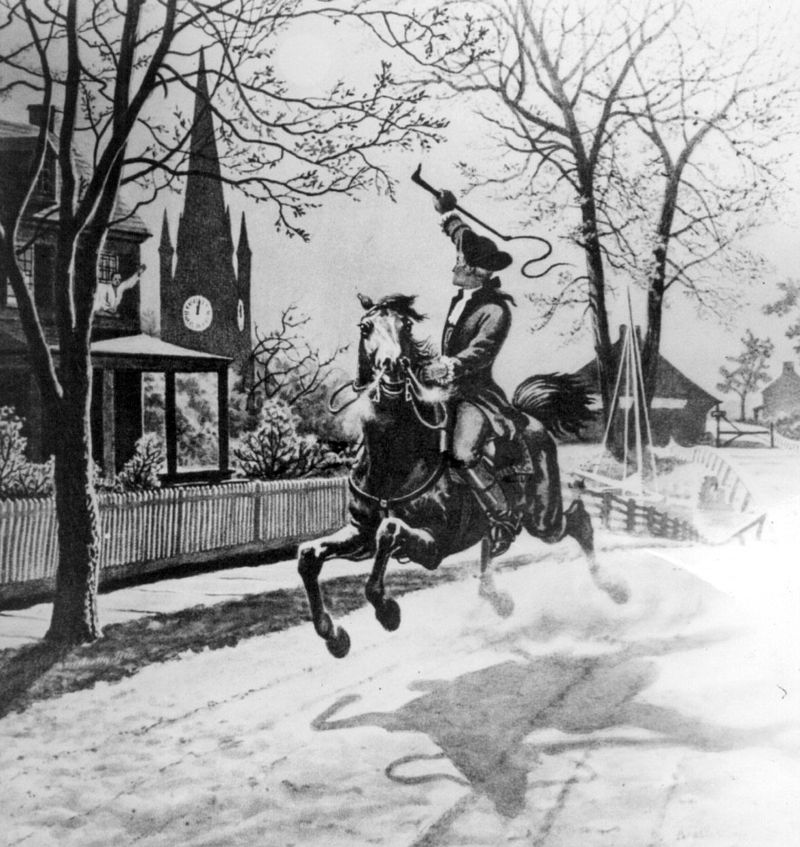 Now that more and more publishers are
Now that more and more publishers are 